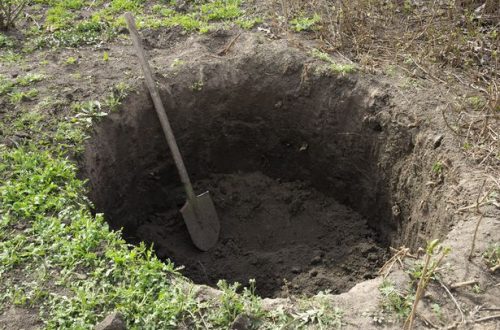This is a guest post by Petra Marquardt-Bigman
Israel’s campaign against Hamas in Gaza last winter triggered a flood of war crimes allegations against the IDF. The accusations were not just made by organizations like Human Rights Watch (HRW), but also media outlets like the Guardian, which even launched its own “Gaza war crimes investigation”. The Israeli government has finally responded in considerable detail to such allegations by publishing a paper that addresses many of the controversial “Factual and Legal Aspects” of the campaign.
Even though the document runs to almost 160 pages, the executive summary highlights right at the outset that this is not meant as a final analysis, since many specific incidents are still being investigated. One such investigation has just been concluded, resulting in the sentencing of a soldier who was found guilty of stealing a credit card from a Gaza home and using it to withdraw about $400.
The paper’s section V (D) also addresses a number of investigations that have already been conducted. But groups like HRW are still bringing up additional complaints, and HRW has criticized the Israeli response to allegations as disappointing.
One of the few issues on which HRW and the Israeli government apparently agree is the conclusion that the rocket attacks from Gaza constitute war crimes. As a recently published HRW report acknowledges:
“Since 2001, Hamas and other Palestinian armed groups in Gaza have fired thousands of rockets deliberately or indiscriminately at civilian areas in Israel. … Palestinian rocket attacks … are an ongoing threat to the nearly 800,000 Israeli civilians who live and work in range of the rockets. … statements from the leaders of Hamas and other armed groups indicate that many of these attacks are deliberately intended to strike Israeli civilians and civilian structures. Individuals who willfully authorize or carry out deliberate or indiscriminate attacks against civilians are committing war crimes.”
This is obviously a point that is not only repeatedly highlighted in the Israeli report, but is also the focus of one section of the document (IV) that explains the context of Israel’s military campaign and makes the case that “Israel faced an ‘armed attack’ within the meaning of customary international law or Article 51 of the U.N. Charter” and therefore had “the right to use force against Hamas in self-defence.” (IV.70) The material referenced in this section includes an almost ridiculously long list of letters in which Israel sought to alert various UN agencies to the festering problem.
When it comes to addressing complaints against the conduct of the campaign, one of the basic points that is repeated throughout the paper is that
“civilian deaths and damage to property, even when considerable, do not necessarily mean that violations of international law as such have occurred. In particular, the principles of distinction and proportionality are only violated when there is an intention to target civilians or to target military objectives with the knowledge that it would cause harm to civilians that is excessive in relation to the anticipated military advantage.” (I.10)
While the paper includes many statements of regret about civilian casualties and acknowledges a number of errors that led to civilian deaths, it points to numerous international legal rulings to substantiate the view that “any assessment of the legality of particular conduct cannot focus only on the consequences (whether civilians were harmed). Instead, the proper focus is on whether the persons carrying out the attack, based on what they knew and the conditions they faced at the time, complied with the applicable rules of international law.” Throughout the report, the focus is obviously on the effort to demonstrate that the “IDF made extensive efforts to comply, not only in its training and rules of engagement but also as implemented regularly in the field.” (V. 93)
In an interesting commentary, veteran Israeli blogger Yaacov Lozowick offers his reading of the document, which can be taken as a fairly mainstream Israeli reaction. That is probably also true for Lozowick’s somewhat optimistic expectation that the report should have “game-changing significance”. Lozowick expresses the hope that the report’s “embrace of international law and use of it to justify Israel’s actions at war” would help to unmask what he describes as “the vacuous and unsubstantiated norm of reflexively castigating Israel as a transgressor against international law.”
At the same time, Lozowick rightly notes that it is important to remember that the report makes no claim to fully exonerate Israel of the myriad charges against it. Given that according to the report some 100 complaints, including 13 criminal investigations, are still ongoing, it is obviously very likely that there were cases of wrong-doing. It should be equally obvious, however, that this is true for any war.


